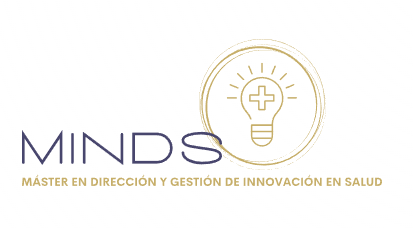The Scientific Coffee is a Scientific dissemination talks to debate, listen and discuss ideas about Science. It is promoted and organized by the Institute of Physics of Cantabria with the collaboration of the CSIC, the FECYT and the Cultural Campus of the University of Cantabria.
This Friday, 26 May at 8.30pm at the Café de las Artes (C/ García Morato, 4), José Ramos Vivas, researcher at IDIVAL and head of the Cellular Microbiology Laboratory will give a talk about “We will die from infections, not Cancer”.


Bacterias en un i-phone Bacterias en una mano
This talk will be about the war that we are waging to control the increase of bacteria resistant to antibiotics; How they have been generated, and what we can do to solve this issue that is important for public health worldwide. The WHO has just published a list of the most resistant and dangerous bacteria for human health. To try to win this war, people need to be informed about the risks of inappropriate use of antibiotics, and of course, more research is needed to combat them, new drugs, etc.
Jose Ramos Vivas (Ourense, 1973) is a young microbiologist researcher (Miguel Servet II, ISCIII) at IDIVAL Research Institute and Marqués de Valdecilla University Hospital (Santander, Spain) from February 2009. Doctor in Biology from the University of León in 2003 is the head of the Cellular Microbiology Laboratory (IDIVAL Research Institute, Clinical and Molecular Microbiology Group) and Associate Professor in Molecular Biology and Biotechnology at University of Cantabria (Spain).
Member of scientific societies (SEIMC, SEM, ASM), his lab studies cellular and molecular mechanisms of host-pathogen (H-P) interactions, with particular focus on ESKAPE pathogens: Acinetobacter spp., Staphylococcus (MRSA), Enterobacter spp., Pseudomonas and Klebsiella. Research lines on H-P have been funded in competitive national calls or by pharmaceutical companies: Author of more than 60 scientific papers and book chapters with an active participation in national and international congresses. Hi has supervised more than 20 PhD students, Master students and other trainees.























